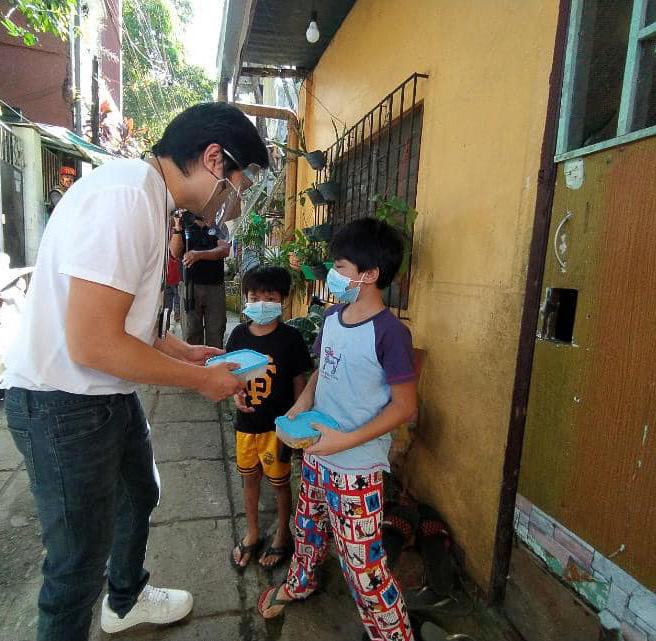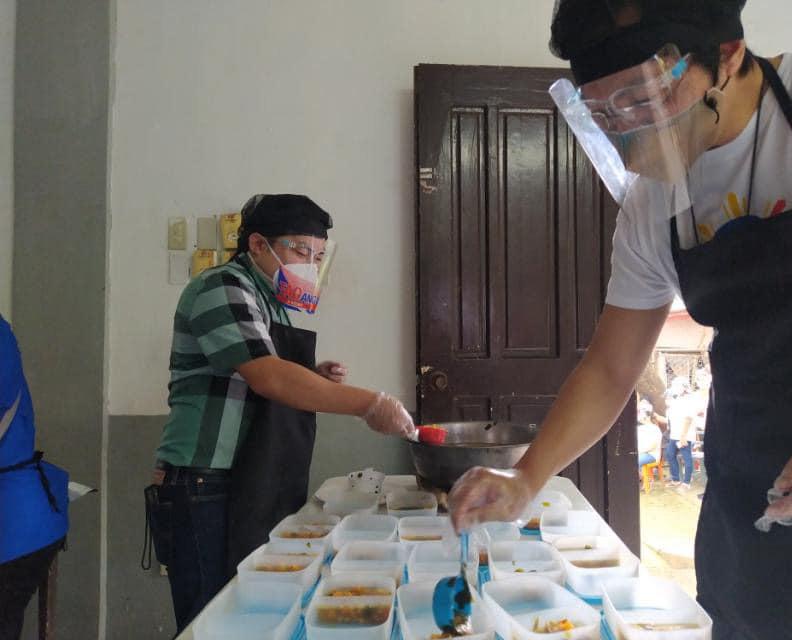
2 minute read
REOPENING OF ECONOMY, RESTORATION OF LIVELIHOODS TO HELP EFFORTS TO ADDRESS HUNGER, SAYS NOGRALES

While some progress has been made to reduce the number of families that have experienced involuntary hunger in the fourth quarter of the year, Cabinet Secretary Karlo Nograles on Wednesday said that “much work still has to be done to return to and improve on the country’s pre-pandemic hunger figures.” Nograles, head of the government’s Zero Hunger Task Force, said that the government viewed the 14 percentage point-drop in total hunger between September 2020 and December 2020 as an indicator that government efforts to reopen the economy have helped provide families with the income necessary to provide for their basic needs, such as food. “We believe that survey data shows that as Covid-19 restrictions have eased and more of our countrymen have been able to return to work, the income streams of more families have been restored, thereby allowing family breadwinners to better provide for their families’ essentials, one of which is
Advertisement
food,” said Nograles. In a survey recently released by Social Weather Stations (SWS), 16% of 1,500 respondents around the country polled from November 21 to 25 said they had experienced involuntary hunger at least once in the past three months. This figure is lower than the results yielded by a similar poll conducted in September 2020, at 30.7%. “While in terms of raw numbers the number of families have almost been halved––from 7.6 million families in September 2020 to four million families in November 2020––these also serve to remind us that we have more work to do, in terms of both our anti-hunger initiatives, as well as efforts to safely reinvigorate our economy.” According to Nograles, “the adoption of health protocols that willl allow more of our countrymen to work while keeping them safe, and the forthcoming availability of Covid-19 vaccines, bode well for government efforts to revive livelihoods that the pandemic had momentarily extinguished––livelihoods that are critical to putting food on the tables of millions of Filipinos.” The former legislator pointed out that the goverment is cautiously optimistic that industries that had been adversely affected by the pandemic––such as tourism, services, and transportation––would rebound and contribute to job creation and growth once the threat posed by the pandemic has been dealt with.













